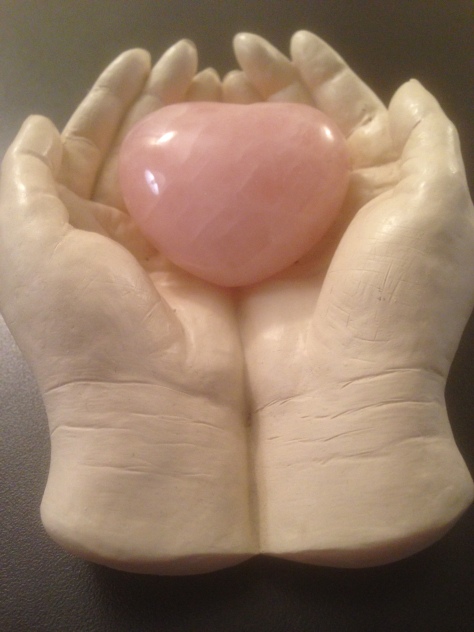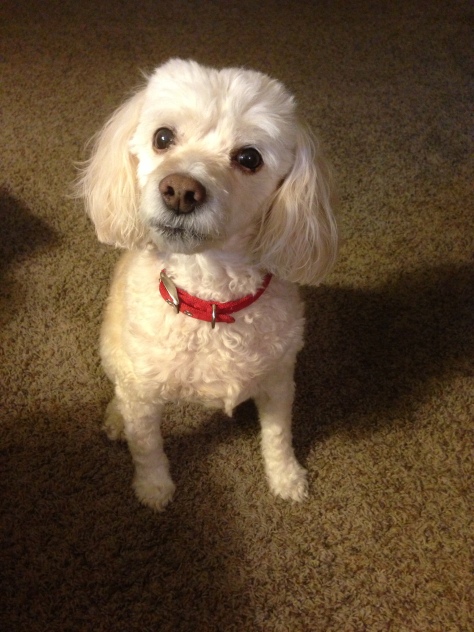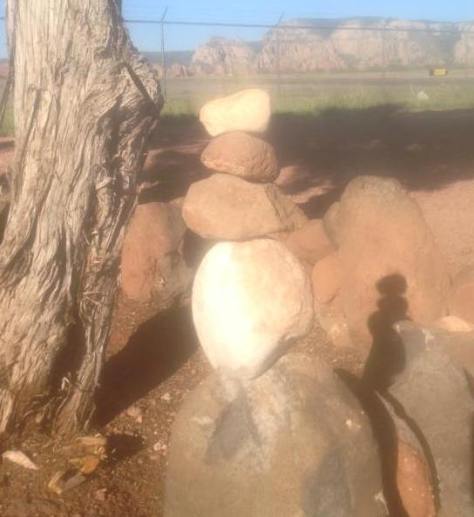Do you pride yourself on perfection? Are you the perfect mom or dad? Perfect son or daughter? Perfect employee? Do you pressure yourself to always say and do the right thing? Always cook the perfect meal? Or maybe you find perfection in your workout program? Or keeping a pristine diet? Or maybe you drag yourself to work when you’re sick and you know you should be home in bed?
If you are steeped in this kind of perfection, I will tell you you this. You are putting an awful lot of pressure on yourself in an already heavily pressured world.
The real story you’re telling yourself is this: “If I’m not perfect, then I’ve failed. And failing is bad.” In the worst of situations, that gets extrapolated into, “and that means I must be bad.”
This is a false story. And nothing good ever comes of it.
Brene Brown covers this idea in her talks and books on Shame. There is a vast difference between the words “I made a mistake” and “I am a mistake.” That last one happens when we identify with the importance of what we do over the importance of who we are. We need to check in with ourselves when we find perfection taking over. Perfection is a warning bell.
So, if you’re caught up in imperfection, where do you begin?
I tell people to start with you doing you, not what you think you need to be doing. Check in with your heart. Is it at peace? If not, why? Ask yourself where that peace lives. And then go find its address again.
How? Start with caring for yourself. Yes, you should take care of yourself. But when was the last time you really cared for yourself? Loved and nurtured yourself like you would a lover. All of yourself. Your body. Your mind. Your spirit. Your soul.
In the Enneagram, there are nine personality types. We hold all nine types, but we lead with one of the nine. Perfectionism is associated with Enneagram Type 1. All Enneagram Type 1s fear being defective. And all Enneagram Type 1s value integrity. Therefore, perfectionism where they live.
Don’t think you’re off the hook if you’re not an Enneagram Type 1. We all play the perfection card in some corner of our lives. It’s just a question of how many hours in the day we do it and how much it affects our relationships, including the one with ourselves.
You might think that in the world of craftsmanship perfectionism is a virtue. But historically, it’s not. Quilters will always put an imperfection into a quilt. Jewelers who craft original pieces will also always sneak in a minor imperfection.
They do this because they believe that only the Creator is perfect. It is their way of bowing their heads to the Divine and acknowledging their humanness before God.
I promise you, you are not imperfect if you don’t clean your house this weekend, or if you skip your workout, have a dish of pasta, and gain a pound this week. It’s okay if you didn’t completely get the grass stains out of junior’s baseball uniform. It’s okay to take a day off from work when you’re sick. You are allowed. You don’t need a permission slip. We were not put here to be perfect. We were put here to be real. We were put here to learn.
Mostly, we were put here to love. How about you start with yourself?
It’s summertime. Cut yourself some slack. Pour yourself a glass of wine and watch the sunset tonight. Or a cup of coffee and watch it rise tomorrow morning. Schedule some time off. Put down your phone. Shut off the television. Have a friend over. Laugh. Eat good food. Feel the sun on your back. Trust that your Creator’s got you. Trust that your Creator loves you that much that you can take a day off to breathe.
You’re not here to be superwoman. Or superman. Leave perfection to God. She’s way better at it than you can ever be anyway.
Blessings and peace on your journey,
Maria Grace Mandarino
(If you are interested in learning your Enneagram type and doing personal and spiritual work surrounding the Enneagram, call Maria Mandarino at 623.262.7222 or email her at spiritpointacu@gmail.com)






